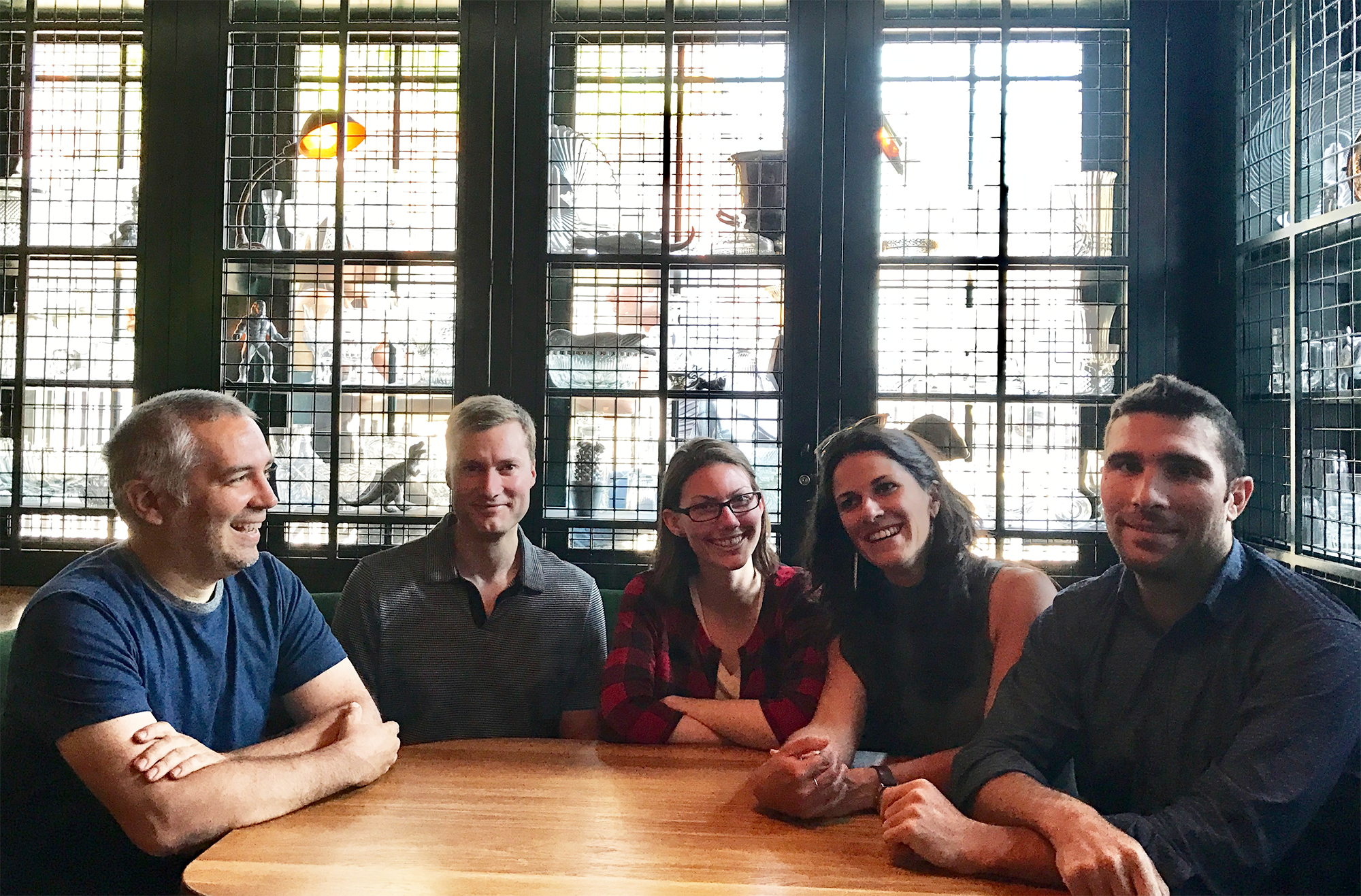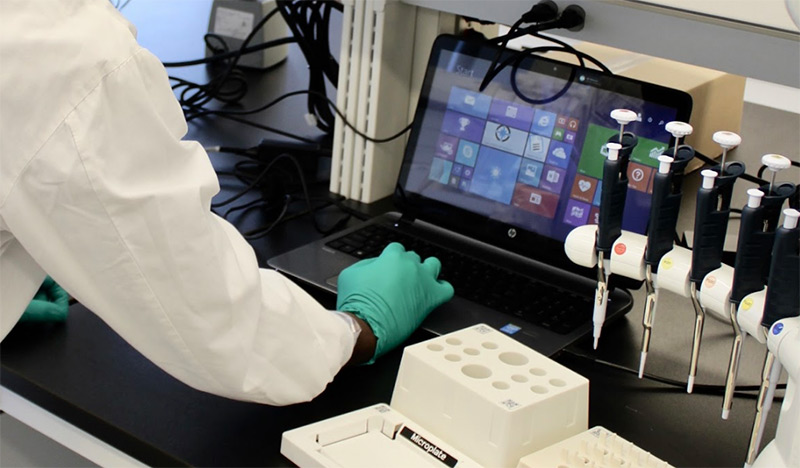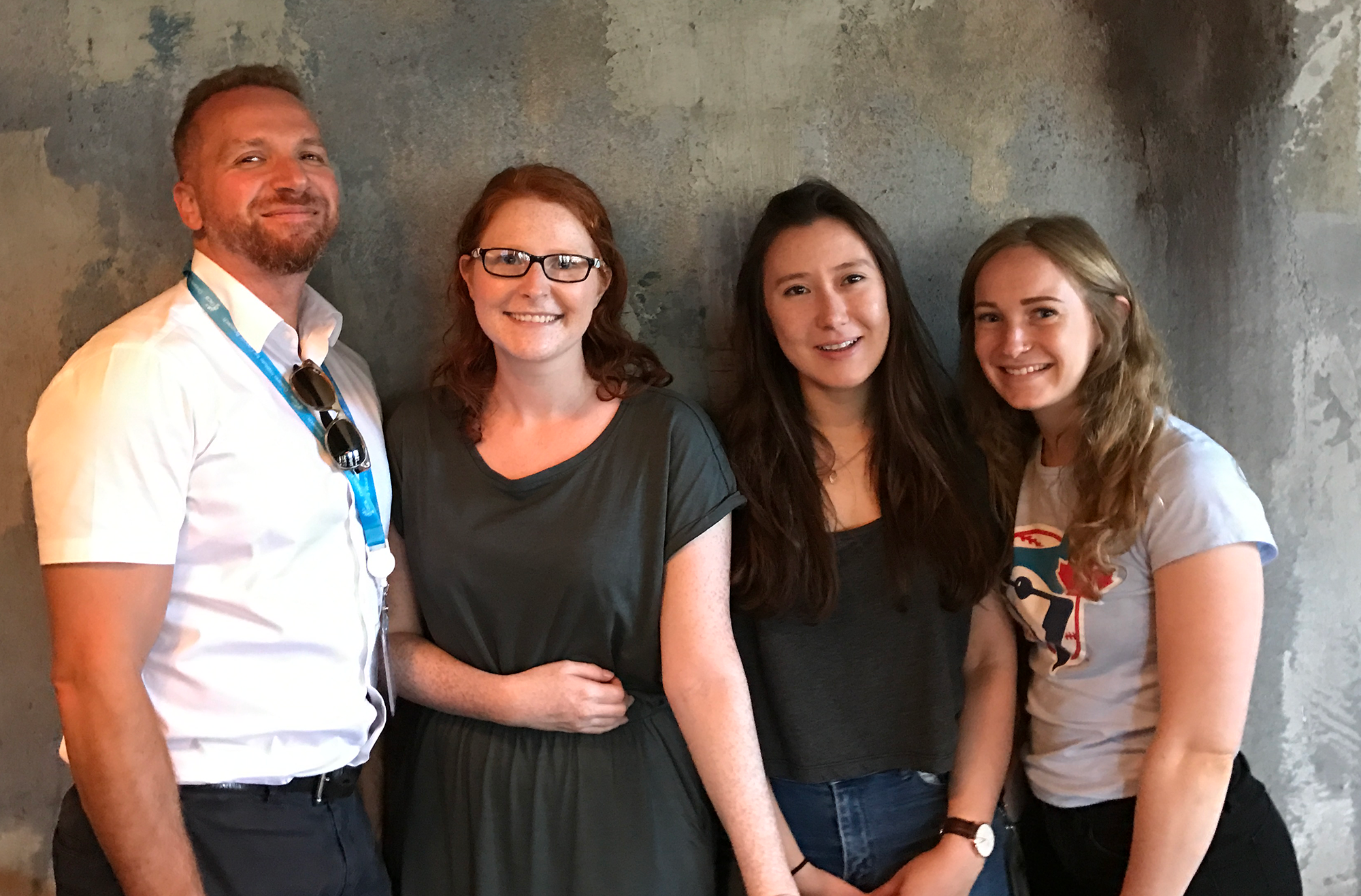A Postdoctoral position is available in the population and medical genomics laboratory of Philip Awadalla in Toronto at the University of Toronto and Ontario Institute for Cancer Research. The lab focuses on analysis, development of methods and sequencing experiments studying the evolutionary genomics of aging processes (including mutation and recombination), disease and cancer evolution using data from large longitudinal population cohorts that we oversee (e.g. Canadian Partnership for Tomorrow Project).
Our lab also works in close collaboration with a number of research laboratories in Toronto and internationally, including new programs within the Ontario Institute of Cancer Research and Princess Margaret Hospital, and projects related to dementia and aging-related neurological processes. Our Genome Canada platform for genomics and bioinformatics (the Genome Canada Canadian Data Integration Centre) supports much of our initiatives.
The successful candidate will be nearing the completion/having a PhD or equivalent postdoctoral training in genomics or population/ statistical genetics. Postdoctoral research scientists can work on projects of their choosing related to the labs current projects. Some recent publications from the lab are listed below.
The researcher can develop research questions of their choosing but possible projects can include:
- Next-generation approaches (whole genome, RNA-seq, epigenomic, long-read and single-cell) integrating population genetic approaches for genomic studies of large population cohorts. Our lab is directing the longitudinal collection of genomic material in Canada's national populations cohort, the Canadian Partnership for Tomorrow Project, which has enlisted 315,000 participants across Canada with administrative health data (EHRs) and physical measures.
- Capturing de novo tissue and cell-specific mutation and recombination events from normal or malignant tissue including single cell applications. Fitness consequences of mutations from genome-wide collections of empirical population and comparative data.
- Identify genetic and molecular control points associated with simple and complex disorders oncological/hematological phenotypes or diseases including immunodeficiencies, child-hood cancer, and age-related clonal hematopoiesis (ARCH).

Interested individuals should please write to Philip Awadalla (philip.awadalla@ndph.ox.ac.uk).
Email Us 

